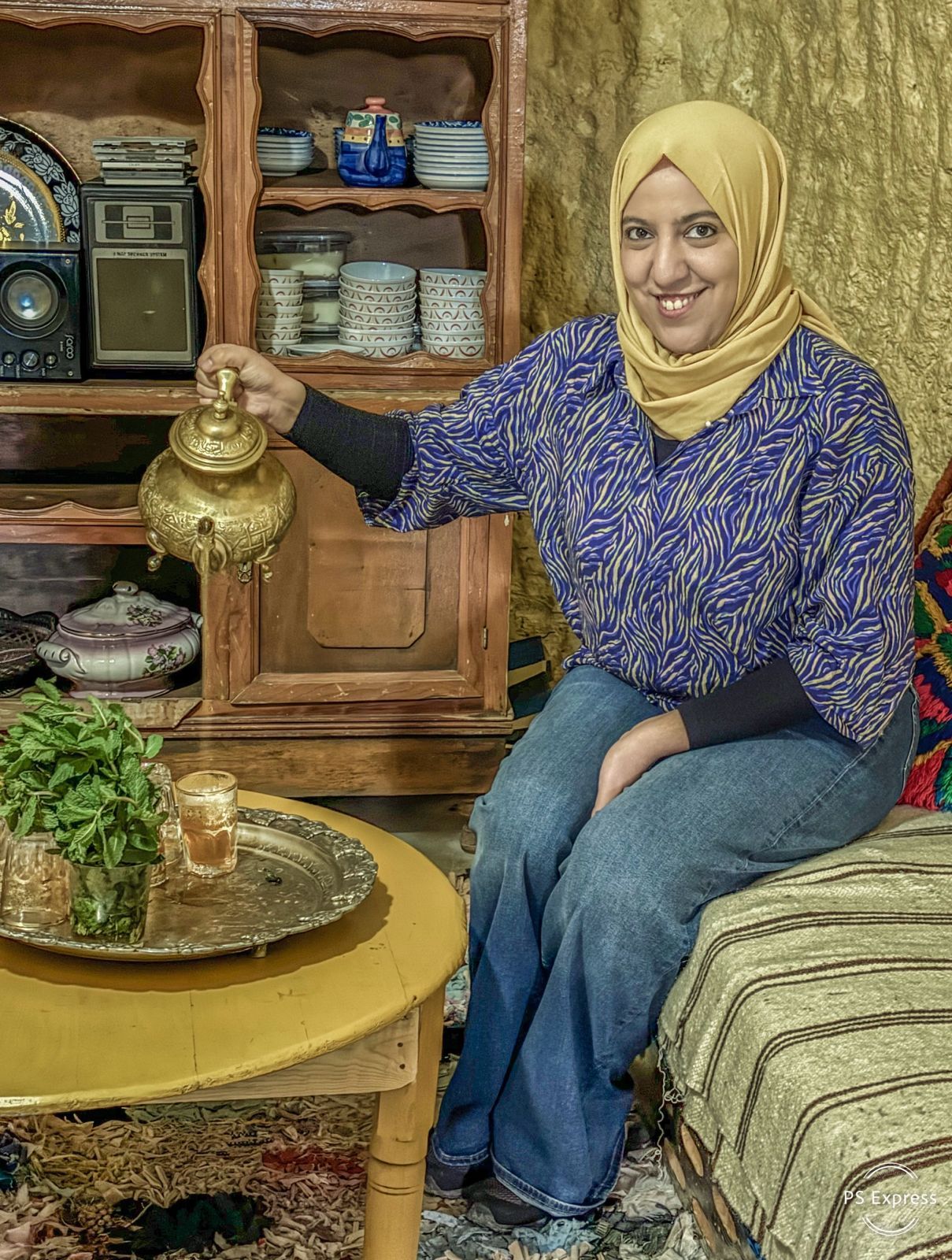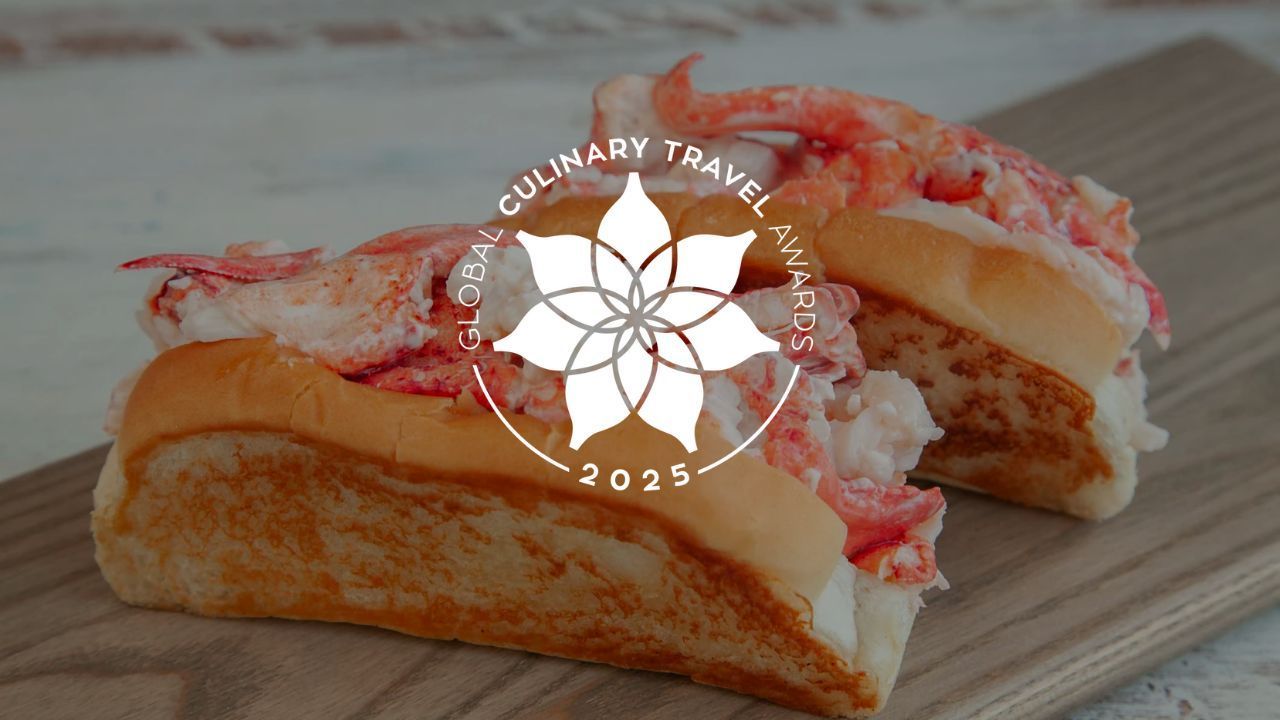Perspectives on Gastronomy Education

For many years, what to eat and how to prepare it were considered topics without much meaning, at least not enough to be treated on a scientific or academic level. Even after the term “gastronomy” was used for the first time, food-related matters were still sort of a secondary topic, the kind you expected only to be part of irrelevant conversations between housewives or restaurant workers, definitely not an object transcendent enough to merit further analysis or research. This low interest from the scientific community in culinary issues is relatively recent, the reason for which might be related to its perception as so common and a part of everyday life, or even something concerning “just women.” Male chauvinism did not make it easy for gastronomic expression to be analyzed in greater depth.
Although eating is a biological activity and common to all living beings on the planet, for us as human beings, eating and the relationship that we build with food, inherently acquired from the very beginning of our societies a much deeper meaning that far exceeds the need to incorporate nutrients into the body to complete the vital needs.
Since ancient times, the food quality, its nutritional level, and the availability of these resources in the environment (depending on seasons and regions) exercised a powerful influence on almost every human activity, as in the design of their economic and social structures. Several historical events, such as many of the main migratory and conquest processes, were motivated by issues related to food, for example, to access or acquire more fertile lands, which would guarantee a greater supply for societies’ development, or perhaps to dominate the production and trade of certain products in great demand. The human groups that best adapted to their environments and developed the most effective techniques to have food throughout the year, were those who advanced the most in their societies. Moreover, having a better diet is one of the key factors that allowed them to be able to withstand diseases, prevail in more difficult weather conditions, and evolve in their physical and intellectual capacities. Ensuring access to food, was and still is, an initial condition to allow people to focus their efforts and attention on meeting other needs is something that occupies a higher place in Maslow’s pyramid. Among those different skills and abilities, allowed by the meeting of those first conditions, are those which now we recognize as science, art, and many other cultural expressions that make us humans.
It was perhaps in recognition of food’s influence potential or its predominant role as a source of energy and progress for people, that several cultures gave a symbolic value to many of the products they were being used in the kitchen, even in some cases incorporating them as sacred elements of their world view, and part of their legends. In the same line, there are some resources and products which have a negative or positive perception according to a specific religion or belief system of the society from which their consumption is evaluated.
But gastronomy is a concept that goes far beyond the ingredients, recipes, or techniques used to prepare food. Its main value remains in its facet as a social expression. We can hardly think of any event, celebration or meeting which doesn’t include as one of its main elements sharing some kind of food. We even recognize some preparations that are related to specific events that we collectively celebrate, such as national and religious festivals, and which vary from town to town. In Ecuador for example, we couldn’t imagine a Holy Week without tasting at least one plate of delicious Fanesca, a filling soup that resembles and represents elements of what the Catholic community commemorates on those days. In the same way, the particular celebrations that each person has during life like birthdays, marriages, baptisms, anniversaries, and others, cannot be planned without thinking about what will be offered and shared on the table.
On the other hand, the cultivation, collection, preparation, and tasting of food products are activities that allow several types of interaction between people. Each human group, applying the legacy they received from their ancestors and their own experiences, reflecting their own way of seeing, interpreting, and executing each of those activities related to food and beverages. That combination generates a set of features that we can identify as the unique personality and expression of every region’s gastronomy.
Therefore, we can qualify gastronomy as a social expression in evolution, which fulfills all the requirements to be considered part of the intangible heritage of a destination. In fact, from the travel and tourism point of view, gastronomy is one of the most interesting resources and with the greatest potential to expose the cultural richness of a destination to a visitor, due to its links with history, territory, beliefs, and ideologies of the human collective that creates them. In addition, the possibility of impacting visitors on a sensory level, while tasting or living gastronomic activities, can generate more intense and immersive experiences, which then create everlasting memories and raise visitors’ satisfaction with their entire visit.
There might not be a more enjoyable and effective way to understand the essence of a destination than immersing yourself in the gastronomy of a place. It is this powerful potential of linking other elements and impacting visitors in a multisensorial way, which makes gastronomy, if not the perfect, then the most effective, means to expose the most interesting natural and cultural features of a destination. Of course, this depends completely the stories that accompany these experiences. There is where the role of the tourist guide or interpreter is crucial. His or her intervention will allow the gastronomic resource to be identified and valued by linking it to the historical background, the terroir, and the cultural characteristics of the people whose food is being tasted. Tourists can thus understand the context and the value of what is presented, making the tasting of the preparations and their traditional ingredients an even more pleasant and deeper experience.
We have seen how this potential has been studied in the last decade and there is a rising interest from researchers and academics. Even though, it is important to point out that much of the knowledge and information about the gastronomic aspects that interest visitors are not found exclusively in university classrooms. There are many professionals in the tourism industry who have worked with culinary issues and have the background to play this important role of intermediary between the resource and the visitor.
For these professionals, tour guides, and tour operators there is the option of completing their training and validating their knowledge and experience through the training and certifications offered by the World Food Travel Association.
Explore our training offerings today and choose one that best suits your expectations. Our training and certifications help both individuals and companies improve skills and abilities to effectively guide, design, develop, and execute gastronomic tours that become memorable experiences for your customers.
Authored by Lilí Torres C. Edited by Erik Wolf.











